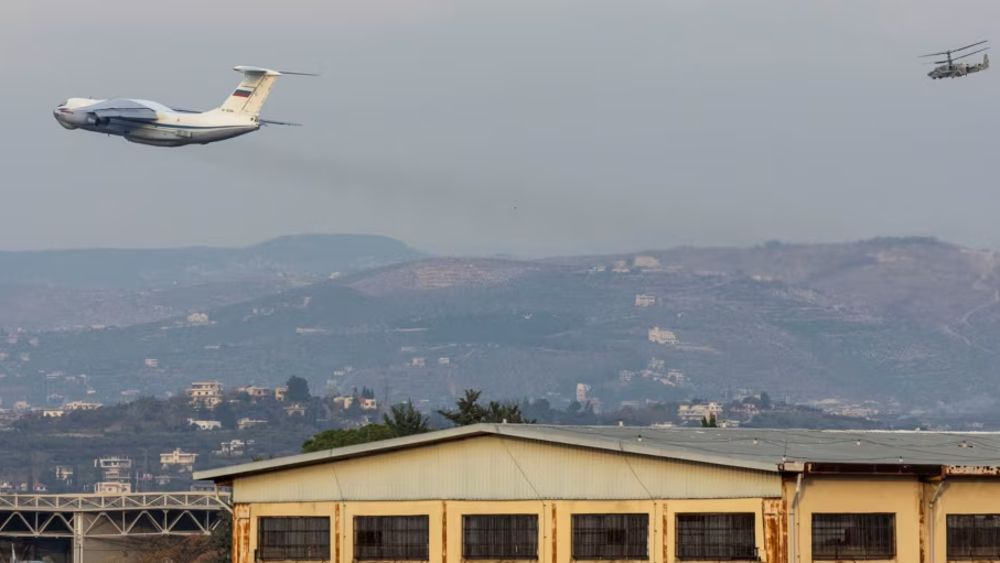US policy of sanctions against Iran, Cuba fallen flat: Zarif
Iranian Foreign Minister Mohammad Javad Zarif says Iran and Cuba have proven that the United States has failed to advance its agendas by exerting pressure on the two countries.
In a meeting with his Cuban counterpart Bruno Rodriguez in Havana on Monday, Zarif added that Iran and Cuba proved that they can overcome sanctions through resistance.
“The Iranian nation proved that sanctions imposed by big powers cannot distance it from its policies and viewpoints,” he said.
He added that Iran has always stood by the Cuban nation in countering sanctions and hailed Havana's support for the Iranian people in the face of brutal US-led bans.
The top Iranian diplomat said Tehran and Havana can boost cooperation on the international scene, adding, “The two countries have always had common stances on confronting the use of economic force and pressure as well as meddling in the internal affairs of other countries.”
He expressed hope that Iran and Cuba, as two influential members of the Non-Aligned Movement (NAM), would through their cooperation “succeed in further advancing the objectives” of the body.

Heading a 120-strong politico-economic delegation, Zarif arrived in the Cuban capital Sunday night as the first leg of his official Latin America tour, which will also take him to Nicaragua, Ecuador, Chile, Bolivia and Venezuela.
Cuba proud of Iran’s successes: Rodriguez
The Cuban foreign minister, for his part, said his country takes pride in Iran’s achievements and successes and added that Havana is resolved to promote its relations with Tehran.
Rodriguez hailed the very good political ties between the two countries at bilateral and international levels.
He reaffirmed Cuba’s supportive stance on Iran’s right to use nuclear energy and said Havana would counter all types of cruel sanctions, particularly in the financial sector.
Iran and Cuba have both been the target of various US sanctions over the past decades.
However, sanctions against Iran over its nuclear program were stipulated to be removed under last year’s agreement between Tehran and the P5+1 group of countries, known as the Joint Comprehensive Plan of Action (JCPOA), which went into effect on January 16.
Meanwhile, despite a thaw in diplomatic relations between Washington and Havana, a 55-year embargo on Cuba still remains in place. The two countries became ideological foes soon after the 1959 revolution that brought Fidel Castro to power and their ties remained hostile even after the end of the Cold War.
D-8’s role in Iran’s economy after Cairo summit
China slams US as ‘war-addicted’ threat to global security
China ‘firmly opposes’ US military aid to Taiwan
VIDEO | Press TV's News Headlines
President Yoon Suk Yeol to be removed from office
At least 19 Gazans killed by Israeli airstrikes since dawn: Medics
Leader: Iran neither has nor needs proxy forces
US fighter aircraft shot down ‘in friendly fire’ amid aggression on Yemen










 This makes it easy to access the Press TV website
This makes it easy to access the Press TV website